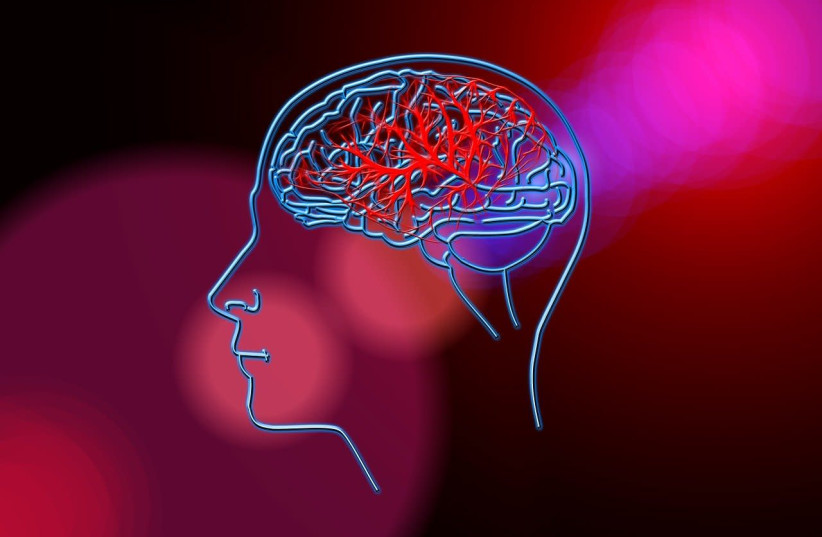Migraine headaches can be almost too much to bear, but they can also have an additional dangerous side effect – strokes. Women migraine sufferers may also have a slightly higher risk of heart attack and hemorrhagic stroke, according to a new study out of Denmark.
There are two main types of strokes: an ischemic stroke, the most common type, caused by a blockage cutting off the blood supply to the brain; and a hemorrhagic stroke, caused by bleeding in or around the brain.
The important study was headed by Dr. Cecilia Hvitfeldt Fuglsang of Aarhus University and published in the journal PLOS Medicine under the title “Migraine and risk of premature myocardial infarction and stroke among men and women: A Danish population-based cohort study.”
It found that people under age 60 who suffer from migraines have a higher risk of experiencing a heart attack or stroke. Previous studies have suggested that the increased risk of ischemic stroke mostly affects young women. It was unclear whether women with migraines also carry a higher risk of heart attack and hemorrhagic stroke.
The team conducted a nationwide study of Danish medical records from 1996 to 2018 in people aged 18 to 60. They identified men and women with migraines based on their prescription drug records and compared their risk of a heart attack and ischemic and hemorrhagic stroke before the age of 60 to the risks faced by people in the general population without migraine.

Contrary to earlier findings, the analysis showed that both men and women with migraine had a similarly increased risk of ischemic stroke, but women with the intense headaches may also carry a somewhat higher risk of heart attack and hemorrhagic stroke, compared to men with migraine and the general population.
Migraines are diagnosed much more often in women than in men. Since heart attack and stroke can lead to life-long disabilities or even death, the researchers urged that people increased risk be identified early to make possible targeted preventative therapies.
Insomnia symptoms may also raise risk of stroke
Meanwhile, a study just published in Neurology under the title “Trouble falling asleep, staying asleep linked to increased risk of stroke,” has found that people who have insomnia symptoms – trouble falling asleep, staying asleep and waking up too early – may also be more likely to have a stroke. The risk was much higher in people under 50 years old, but the study showed only an association between the two, not a direct cause.
“There are many therapies that can help people improve the quality of their sleep, so determining which sleep problems lead to an increased risk of stroke can lead to earlier treatments or behavioral therapies for people who are having trouble sleeping and possibly reducing their risk of stroke later in life,” said study author Dr. Wendemi Sawadogo of Virginia Commonwealth University in Richmond.
The study involved 31,126 people with an average age of 61 and no history of stroke. They were followed for an average of nine years; during that time, they had 2,101 cases of stroke.
After adjusting for other factors that could affect the risk of stroke – including smoking, alcohol use and physical activity level – the researchers found that people with one to four symptoms had a 16% increased risk of stroke compared to people with no symptoms.
